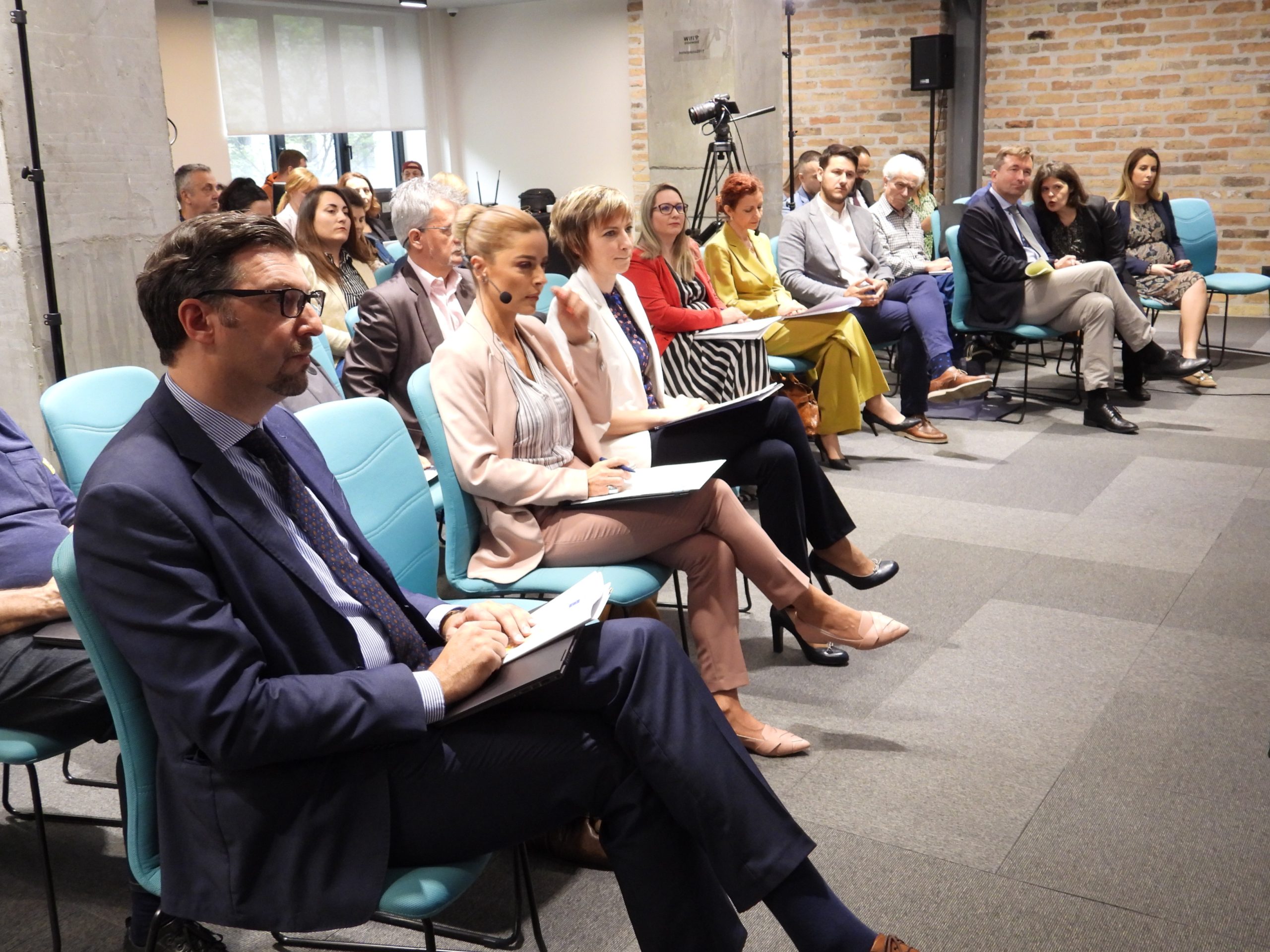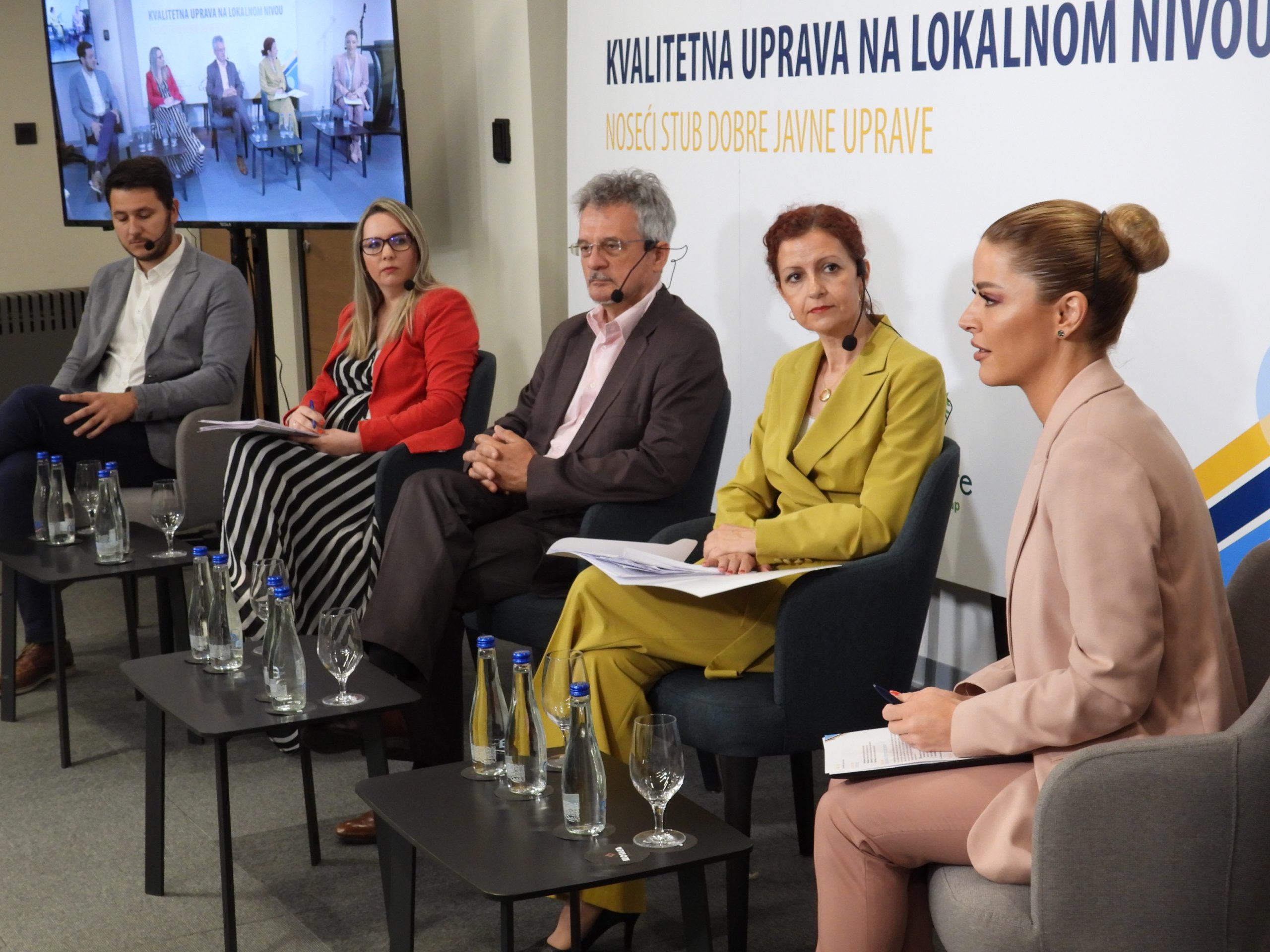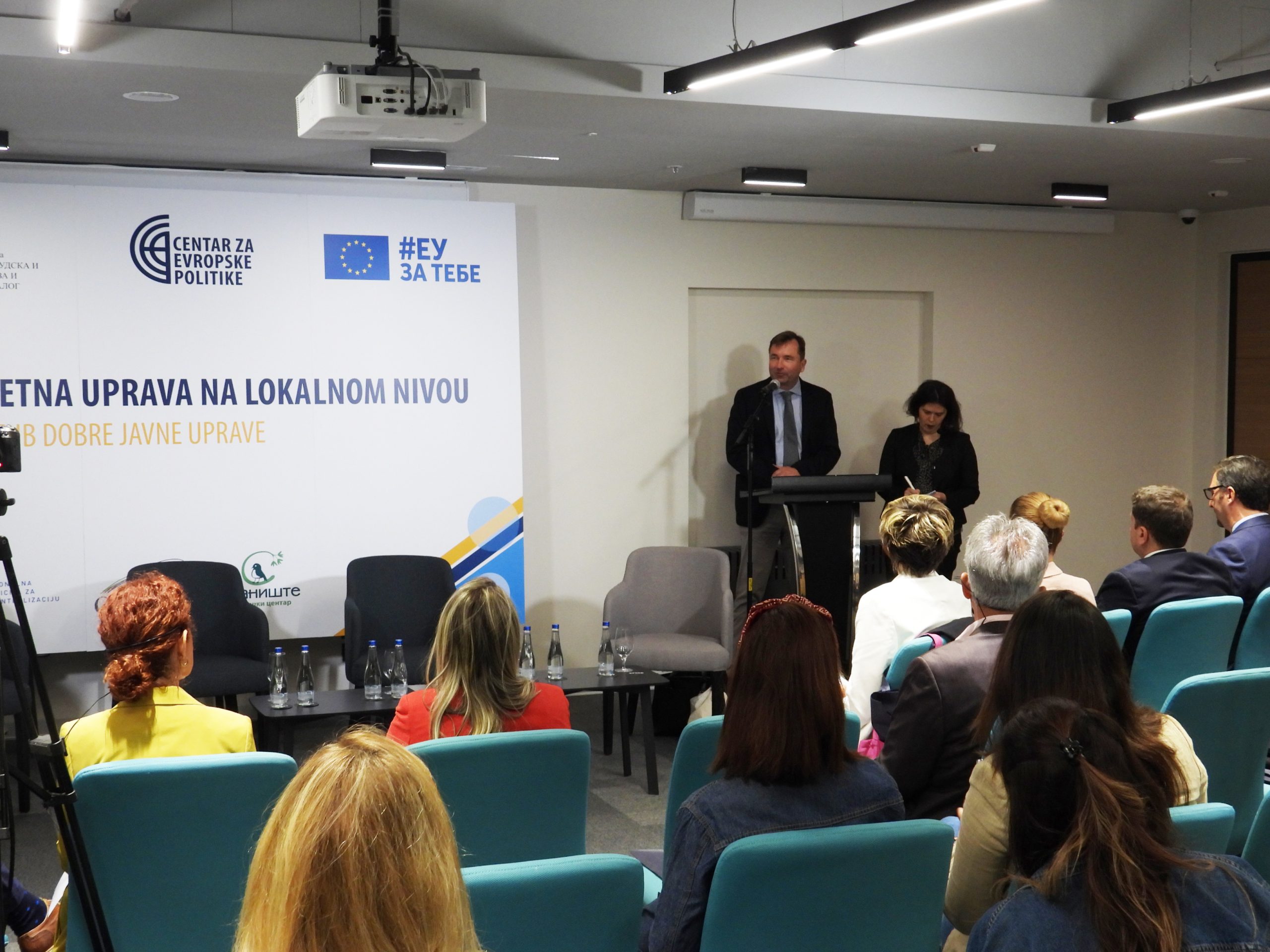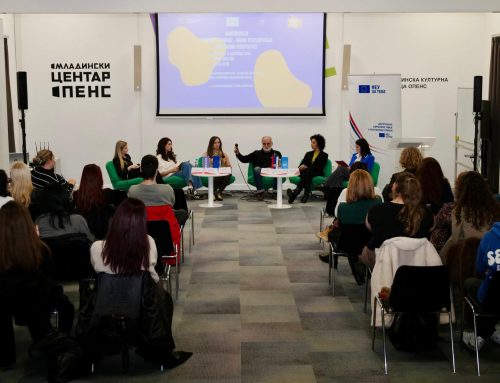“Sometimes you forget about the local level because the focus is on the central government, however, it is precisely at the local level where services are provided and citizens are engaged, so that’s where you can see the quality of services provided by the state”, said Martin Klaucke, Head of Operations II in the EU Delegation, at the opening of the conference “Quality government at the local level – The pillar of good public administration”, organized in Belgrade by the European Policy Centre (CEP).
Klaucke emphasized that in the context of public administration reform, there is room for improvement in the area of depoliticization of public administration, as well as in the process of hiring staff in position. He particularly highlighted the implementation of laws, above all the Law on the Planning System, which provides for public participation in policy creation, but also the are of capital investment planning, including local investment planning with the aim of supporting transparency in project planning.

A bit more than half of Serbian citizens know that they can search for information of public importance that arises in the work of local self-government bodies, but only 38 percent know how to do it, according to the results of a survey on the efficiency of work of local self-governments that were announced at the conference.
Srđan Majstorović, Chairman of the CEP Governing Board, pointed out that the Initiative Pratim JA was launched to highlight the importance of local government, which is insufficiently recognized by civil society organizations.
“The focus of the Initiative is on strengthening civil society organizations in order to monitor the public administration reform, especially at the local level”, said Majstorović, emphasizing that this Initiative puts citizens first.

Ljiljana Uzelac, Head of the Department for Strategic Planning at the Ministry of Public Administration and Local Self-Government, expressed her satisfaction with the event dedicated to the quality of service at the local level.
“Even though the central government deals with legislative issues, we will agree that those legislative solutions must be tested at the local level, both from the point of view of technical and personnel capacities”, said Uzelac.
“There are no simple mechanisms that citizens can use to provide their opinion, and where we could collect information that would signal to us what we can change in practice of the administration, that is, in the legislative framework”, said Ljiljana Uzelac, who emphasized that the Ministry came to a similar conclusion during the development of public administration reform, and that they plan to work on improving that area during this year.
Nikola Tarbuk, Secretary General of the SCTM pointed out that good governance represents the fundamental value of democracy, that is, the principles that public authorities should respect when responding to citizens’ needs and citizens’ participation in decision-making, openness, transparency and responsibility, respect for the rule of law, human rights and equity for all citizens, ethical and anti-corruption behaviour, efficient and accessible implementation of local services.
“For many years and in various ways, the Standing Conference of Towns and Municipalities has been supporting the application of the good governance principles in the daily functioning of local self-government, both through advocating the improvement of the national and local legal framework, and through strengthening the capacity of local administration to apply these principles in practice,” said Tarbuk.

The European Policy Centre (CEP) together with partners Centre for Equitable Regional Development (CenTriR), National Coalition for Decentralization (NKD) from Niš, Ecological Centre Stanište from Vršac) is implementing the project “Public Administration Monitoring for Better Local Governance”. The project focuses on equipping local civil society organizations with methodological tools, knowledge and skills for monitoring public administration reform (PAR) at the local level. Within the framework of the project activities, support will be provided to local civil society organizations (CSO) to become a professional and reliable partner in the creation of public policies and reform processes at the local level through facts and evidence-based monitoring and advocacy of PAR.
40 local CSOs will be supported with the aim of strengthening their capacities and providing mentoring support in the field of application of the comprehensive methodology and tools for monitoring the facts-based public administration reform, which will be developed in the project. The monitoring of PAR itself will be carried out in 17 local self-governments (12 from central Serbia, 4 from Vojvodina and the City of Belgrade.
The project is financed by the Delegation of the European Union in the Republic of Serbia within the Civil Society Facility and Media Programme for Serbia, which aims to strengthen participatory democracies and the EU integration process by empowering civil society to actively participate in decision-making. The project is co-financed by the Ministry of Human and Minority Rights and Social Dialogue.

Watch the video “Public administration reform with the support of the European Union – path to a competent civil servant”:




